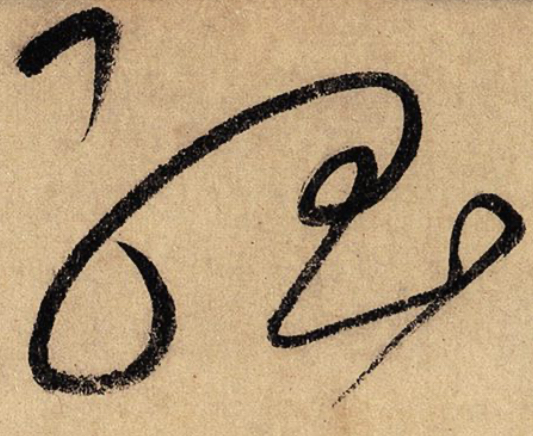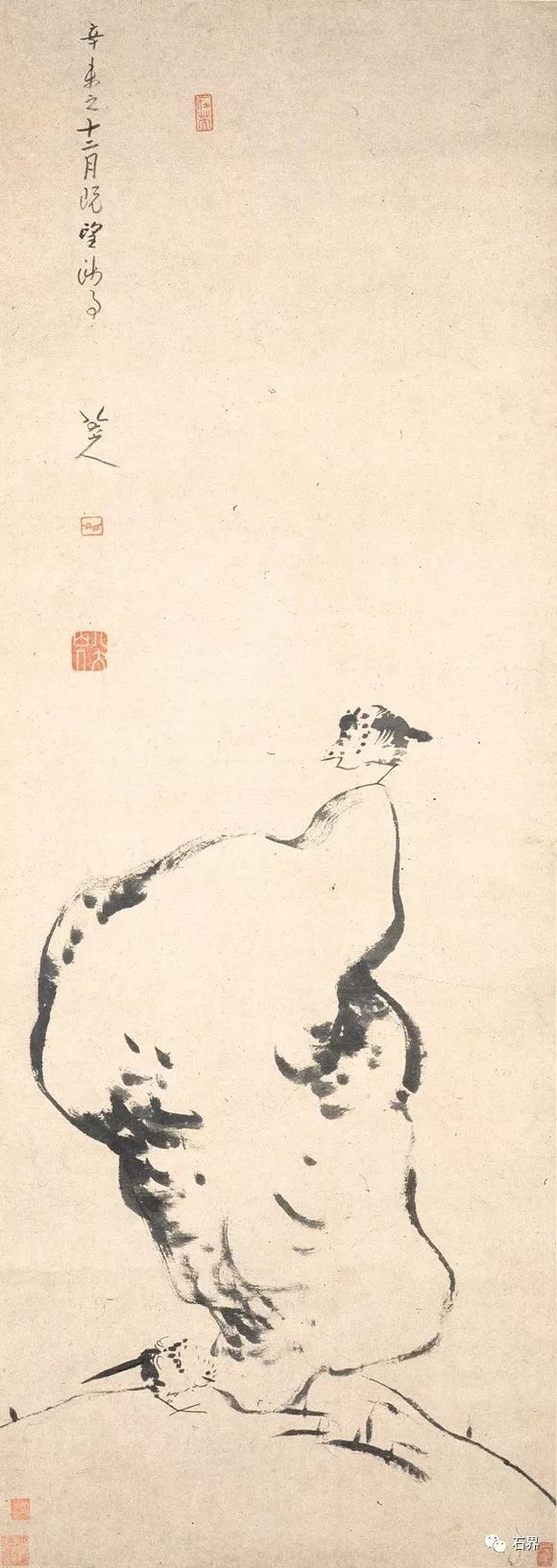Intersecting with Eternity
孑孓一生
Intersecting with Eternity is a mini-anthology of literary and artistic works, both past and present, that are part of the unbroken stream of human awareness and poetic self-reflection. It is a companion to The Tower of Reading and an extension of The Other China section of China Heritage.
— Geremie R. Barmé
Editor, China Heritage
4 August 2024
***
- A Note from The Tower of Reading on the Double Tenth 石如飛白木如籀, 10 October 2023
- A Solitary Pursuit — ‘… then begins a journey in my head’, 5 December 2023
- So Starts the Spring, 4 February 2024
- In Cloudy Mountains, an Impossible Realm, 30 April 2024
- An Ascension, 28 May 2024
- Kinship of the Soul, 30 May 2024
- Out of Range 彀外遺少, 25 May 2018
- Tao Yuanming — Substance, Shadow, Spirit 形影神, 12 July 2024
- Lao Shu — roaming through Tang-Song landscapes with my Wei-Jin brothers, 13 July 2024

***
登幽州台歌
陳子昂
前不見古人,後不見來者。
念天地之悠悠,獨愴然而涕下。
Song on Youzhou Terrace
Chen Zi’ang
I look back — I do not see the ancients;
I look ahead — can’t see the generations to come.
I brood on the endlessness of Heaven and Earth,
And tears stream down — I stand alone.This is probably Chen’s most famous poem, a straightforward and moving description of the isolation of the individual in space and time, cut off from past and future, dwarfed by the immensity of the universe.
— Stephen Owen
***
Written in a manner known as 弔古傷今 diào gǔ shāng jīn — ‘dwelling on the past, grieving for the present’ — this deceptively simple verse takes its inspiration from a famous historical site — the Youzhou Terrace, long celebrated as a gathering place for talented men devoted to the state. Youzhou itself was the capital of the ancient kingdom of Yan, near Beijing. Chen composed this poem in 696 CE, after he joined a military expedition on the orders of Empress Wu Zetian sent to fight barbarian invaders. The commander of the forces, a nephew of the empress, was incompetent and wilful. His refusal to heed Chen’s wise counsel led the poet to reflect on the nobility of failure.
Although Chen’s twenty-two character poem is about unrequited loyalty, it is widely recognised as addressing the universal condition of humankind.
***
Propagandists in China’s People’s Republic turn Chen Zi’ang’s baleful sentiment into its opposite and use the line 前無古人 後無來者 without irony to celebrate their unique purchase on history.
***


